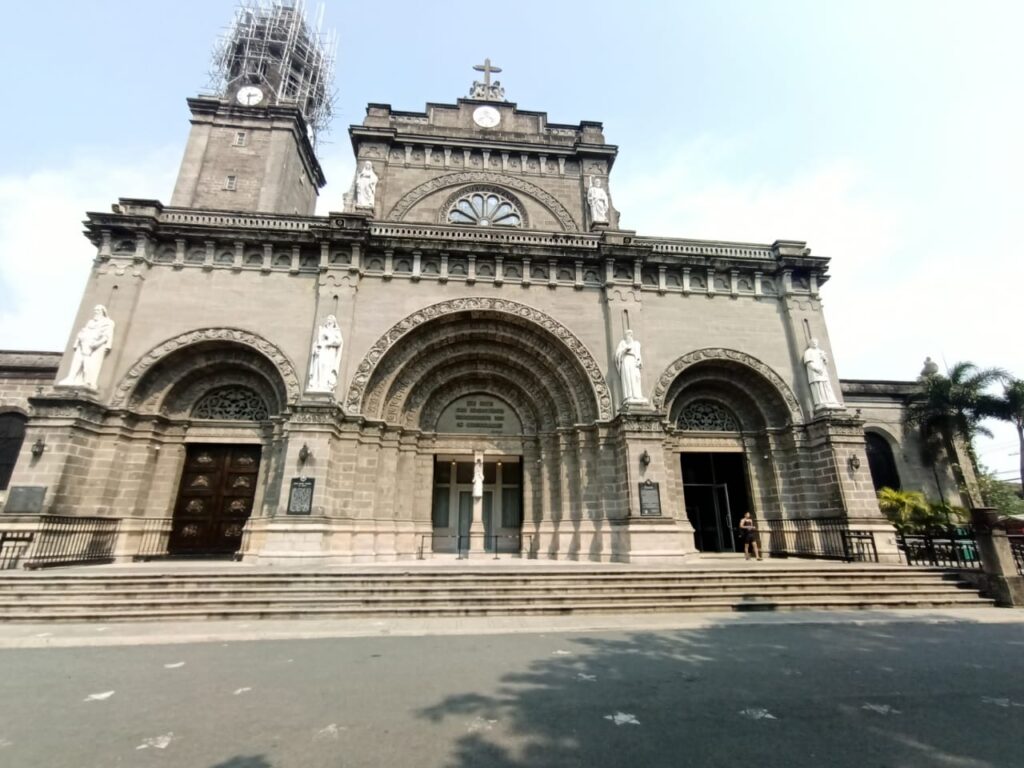Nobody really knows how life works. Everybody just has a model. And the thing with a model, you always hope it never fails you. Because every model is about assumptions. And if the assumptions hold, you know then the model works.
Right from when you’re born, you start to construct your model. Of course, part of your model is genetic. There are things in your DNA that will bias you towards a certain field, a certain way of thought. Call them whispers from your ancestors. So those already exist in your model knowingly and unknowingly.
Your model is then shaped by your education, the people you meet, the things you learn from them, their own experiences, and their models. Your model will also be shaped by your own experiences. So you could probably have grown up in a home where the mother stayed home and had no say in decision making. So you adopt that model and think that’s how the world works everywhere. But then somebody grew up in a home run purely by a woman, she got the bills.
That’s why you need to expose your model to diverse experiences. You need to befriend people from diverse walks of life. Travel helps also. Because you could believe one thing, then one day, you realize, this also holds.
Because I remember my first time in Amsterdam. I just rethought everything I knew about sex and weed. So my model had to be adjusted.
But you see, your model can also collapse. Usually from rare events. Some of you will be acting all strong in life until you lose a parent, or a loved one. So your model will collapse. You want your model to hold in such rare moments, in the black swan events. And you want your model to hold you all through life. So you do not want large margins of error in your model.
That brings in the aspect of decision making. Really, the big differential in life is always decision making. We can both see the same thing, but we make different decisions about that thing. We see the same person, one of us approaches them, another doesn’t. Different outcomes. So you want to be somewhere good in your decision making.
The point here is, don’t copy anyone’s model of life. It’s their model. Models are context-based. Probably the path I passed through could kill another person. So I can’t recommend my path. I say, pick some clues for your own path.
And the way to know this is to also be sure about what you desire in life. I always want to know, what do I really desire? It’s a hard question to know your true desires. Most of our desires are imitative, we’ve copied them. There’s been extensive work about this, with mimetic theory and how that’s the source of all rivalry. That’s why we end up building similar houses, buying similar cars, enjoying the same hobbies. We actually copy each other so much. You must be intentional not to fall into this imitative trap. It’s almost like we subconsciously copy.
The way to enjoy life is to find a context that’s unique to you, to chart out your own path, to strive to be your own person. Why? Because even when you fail along such a route, you’re glad it was your route. Not the route of the world. And that also means being comfortable being wrong in the short term so you can be right in the long term. It’s not an easy thing, it’s such a lonely path. But I can say it’s rewarding.
So I run the Ortega Model. You will find an Okello model, a Kirungi model, an Amito model. The thing is you must be bold to define your model and stick with it.

